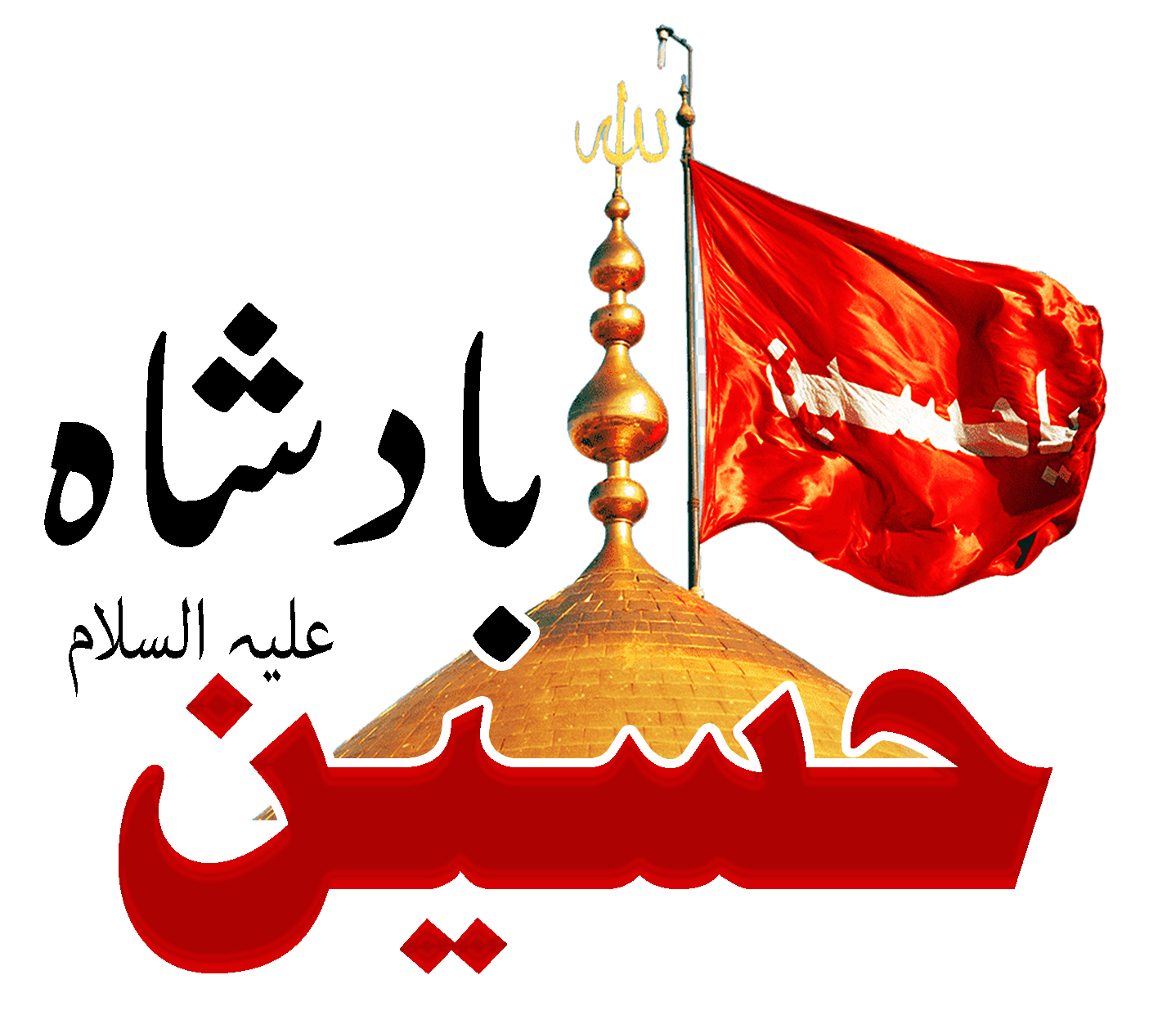| Name | Hassan Ibin Ali Ibin Abe Taleb (as) 2nd Imam |
| Title | Al-Mujtaba (as) |
| Kunyat | Abul Mohammad. |
| Born | On Tuesday, 15h. Ramadan, 3 AH in Al-Medina, Arabia. |
| Father | The First Imam Ali Ibin Abe Talebn (as) |
| Mother | Bibi Fatimah Al-Zahra (as) |
| Date of Sh’hadat | On Thursday, 7th. Safar, 50 Ah. |
| Cause of Sh’hadat | Poisoned by his wife |
| Buried | Al-Baggea public cementary, in Al-Medina, Arabia. |
Behold, the enigmatic tale of Hassan Ibn Ali Ibn Abi Taleb (as), the illustrious 5th Caliph, shrouded in perplexity and bursting with a mysterious allure.
Known by the revered title Al-Mujtaba (as) and bearing the Kunyat Abul Mohammad, this enigmatic figure emerged into existence on a fateful Tuesday, during the sacred 15th of Ramadan, in the distant realm of Al-Medina, Arabia. A child of extraordinary lineage, his father was none other than the esteemed First Imam Ali Ibn Abi Taleb (as), while his mother was the revered Lady Fatimah Al-Zahra (as), the daughter of the Holy Prophet (pbuh).
Yet, destiny, in its capricious design, orchestrated a tragic demise for this revered leader. Poison, insidiously woven into his food, became the instrument of his martyrdom, administered by the very hands of his treacherous wife, lured into darkness by the devious machinations of Muawiyah Ibn Abu Sufyan. Thus, it was on a mournful Thursday, amidst the bleakness of the 7th of Safar, in the year 50 AH, that his earthly journey came to an abrupt end. As the echoes of grief reverberated through the annals of time, the burden of laying his noble body to rest fell upon his younger brother, Imam Hussain (as). Initially intending to find solace within the hallowed confines of their grandfather, the Prophet’s (pbuh) abode, fate cruelly intervened, coercing Imam Hussain (as) to commit his departed brother’s remains to the nearby Al-Baggea public cemetery, nestled within the embrace of Medina’s sacred ground.
Imam Hassan (as), an embodiment of devotion, knowledge, and spiritual excellence, eclipsed all others of his era. His connection with the Divine was an ethereal tapestry, interwoven with strands of transcendence, casting a light more radiant than that of mere mortals. Among his kin, he reigned as the paragon of benevolence, his heart overflowing with kindness and compassion, surpassing the bounds of his time.
One anecdote, whispered through the ages, offers a glimpse into the tenderness of Imam Hassan’s (as) soul. On an ordinary day, a lowly housemaid presented him with a modest bouquet of delicate flowers, igniting a spark within his compassionate being. In response, he bestowed upon her the gift of freedom, recognizing the discipline woven into the fabric of existence by the Almighty. Quoting the sacred verses of the Holy Quran, he declared, “When you are greeted, respond in even a better way or just return the greeting,” thus unraveling the wisdom contained within the divine text.
Another episode, wrapped in an enigmatic smile, reveals the unwavering resilience of Imam Hassan (as). Confronted by a horse-mounted individual hailing from Syria, he became the target of relentless verbal abuse. Astonishingly, the Imam chose to remain silent, refusing to be ensnared in the snares of provocation. Patiently, he allowed the Syrian to exhaust his vitriol, before approaching him with grace and serenity. With words as gentle as a whispering breeze, he uttered, “May peace be with you. I believe you have just arrived in this town. If you require sustenance, we can provide it. If you need assistance, we are at your service. Should guidance be your desire, we shall lead the way. A ride, perhaps? We can arrange that. And if your safety is in jeopardy, fear not, for we stand ready to shield you.” Overwhelmed by such unexpected kindness, Overwhelmed by such unexpected kindness, the Syrian man’s demeanor shifted dramatically. Tears welled up in his eyes as he uttered, “I bear witness that you are the deputy of Allah on earth. Allah, in His infinite wisdom, knows best whom to entrust with the divine message.” In that transformative moment, the veil of ignorance lifted, and recognition of the Imam’s exalted station dawned upon the Syrian traveler.
Imam Hassan Mujtaba (as), may peace be upon him, held the esteemed position of the second Imam. He and his brother, Imam Husayn (as), were the cherished sons of Amir al-Mu’minin Ali and Hadrat Fatimah, the illustrious daughter of the Prophet. The Prophet himself had oft proclaimed, “Hassan and Husayn are my children,” imprinting upon their noble souls a legacy of distinction. Thus, Ali, their father, would lovingly remind his other offspring, “You are my children, and Hassan and Husayn are the children of the Prophet.”
Born during the third year after the Hijra in the holy city of Medina, Imam Hassan (as) had the privilege of sharing more than seven precious years in the luminous presence of the Prophet. During this time, he flourished under the tender care of the beloved Messenger. Tragically, the Prophet’s demise, which preceded Hadrat Fatimah’s passing by a mere few months, thrust Hassan into the protective embrace of his noble father.
Following his father’s martyrdom, Imam Hassan (as), in obedience to divine command and his father’s will, assumed the role of Imam. Simultaneously, he assumed the outward function of caliph for approximately six months, diligently administering the affairs of the Muslim community. However, the relentless adversary Mu’awiyah, whose enmity towards Ali’s family burned fiercely, had long harbored ambitions of seizing the caliphate. Seizing upon the pretext of avenging the death of the third caliph, Mu’awiyah led his forces into Iraq, the seat of Imam Hassan’s caliphate, initiating a turbulent period of war.
As the conflict unfolded, Mu’awiyah employed a web of deceit, gradually swaying the loyalty of Imam Hassan’s generals and commanders through lavish sums of money and false promises. Eventually, a rebellion erupted within the Imam’s own army. Left with no choice but to pursue a path of peace, the Imam brokered an agreement, relinquishing the caliphate to Mu’awiyah. The accord stipulated the restoration of the caliphate to Imam Hassan (as) upon Mu’awiyah’s demise, while ensuring the safety and well-being of the Imam’s household and followers.
Thus, Mu’awiyah’s grip tightened around the Islamic caliphate, as he forged ahead into Iraq. In a brazen display, he openly renounced the terms of peace, unleashing relentless oppression upon the Household of the Prophet and the Shi’ah community. Throughout his ten-year imamate, Imam Hassan (as) endured unimaginable hardships and persecution, finding no respite even within the confines of his own sanctuary.
In the fiftieth year after the Hijra, Imam Hassan (as) fell victim to poison, a martyr sacrificed by one of his own household, spurred on by the insidious whispers of Mu’awiyah. Historians have chronicled this fateful event, an indelible stain on the annals of history.
In his noble character, Imam Hassan mirrored the perfection of his father and the revered lineage of his grandfather. During the Prophet’s lifetime, he and his brother remained inseparable companions, often carried upon the Prophet’s shoulders, basking in his affectionate presence. Both Sunni and Shi’ite sources bear witness to the Prophet’s profound statement regarding Hassan and Husayn: “These two children of mine are Imams, whether they stand up or sit down,” alluding to their inherent leadership as Imams, regardless of their external role as caliphs. Numerous traditions attributed to the Holy Prophet and Imam Ali affirm that Imam Hassan would succeed his noble father in assuming the mantle of imamate.
Imam Hassan Mujtaba (as) left an indelible mark on history through his exemplary conduct and unwavering devotion to Allah. His life exemplified piety, knowledge, and spiritual excellence. Among his contemporaries, he surpassed all others in worshiping Allah, in the acquisition of knowledge, and in the embodiment of spiritual virtues. His resemblance to the Prophet was unparalleled, endowing him with an unparalleled level of nobility and compassion.
One notable incident exemplifying the Imam’s magnanimity occurred when a housemaid offered him a bouquet of flowers. Touched by her gesture, Imam Hassan (as) promptly granted her freedom, recognizing that it was Allah’s guidance that shaped their actions. He derived inspiration from the Holy Quran’s teachings, exemplified by the verse, “When you are greeted, respond with an even better greeting or return it.” Such was the depth of his kindness and his commitment to emulating the teachings of Islam.
On another occasion, a person from Syria, mounted on a horse, encountered the Imam and began hurling abusive words at him. Unfazed by the verbal assault, Imam Hassan (as) maintained his composure. With a gentle smile, he approached the Syrian man and extended his goodwill, saying, “May peace be upon you. I believe you have just arrived in this town. If you need food, we can provide it. If you require anything, we can offer assistance. If you need directions, we can guide you. If you seek transportation, we can provide it. And if you require protection, we are ready to safeguard you.” Overwhelmed by the Imam’s benevolence and wisdom, the man broke down in tears, testifying, “I bear witness that you are the chosen representative of Allah on earth. Indeed, Allah knows best whom to entrust with the divine message.”
Imam Hassan (as) possessed an unparalleled spiritual aura and embodied the virtues of his revered ancestors. Although his earthly journey was marked by trials and tribulations, his steadfastness and unwavering commitment to righteousness serve as an inspiration to all. His martyrdom, orchestrated by those motivated by base desires, remains a painful reminder of the struggles faced by the household of the Prophet.
Imam Hassan Mujtaba (as) continues to hold a revered place in the hearts of believers, revered for his wisdom, compassion, and sacrifice. His legacy serves as a guiding light for Muslims, illuminating the path of righteousness and emphasizing the pursuit of justice, even in the face of adversity. His life stands as a testament to the eternal values of Islam and the unwavering resilience of the righteous.














